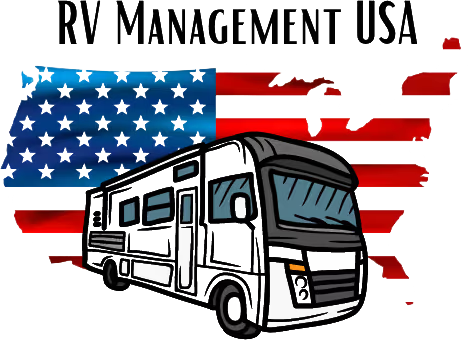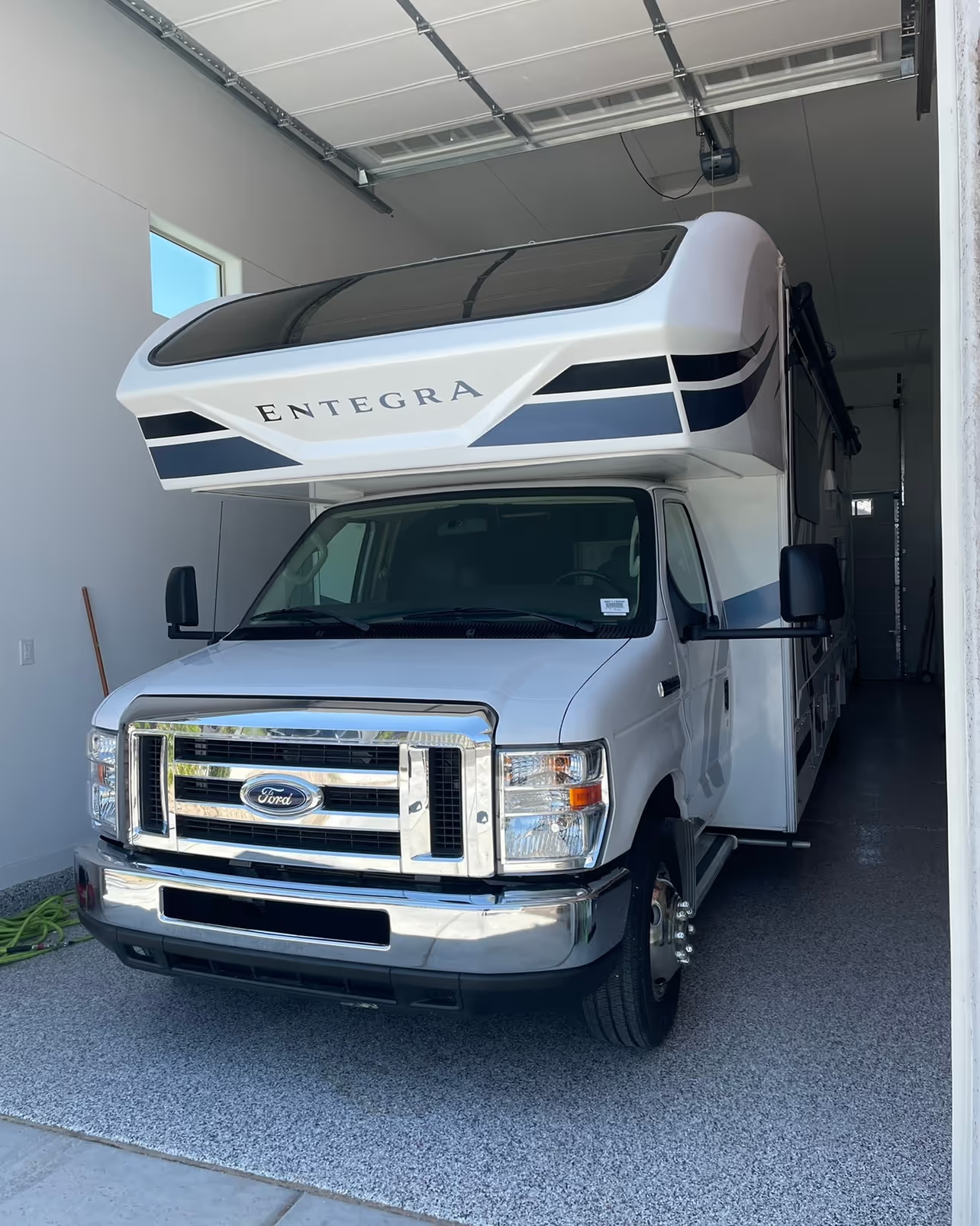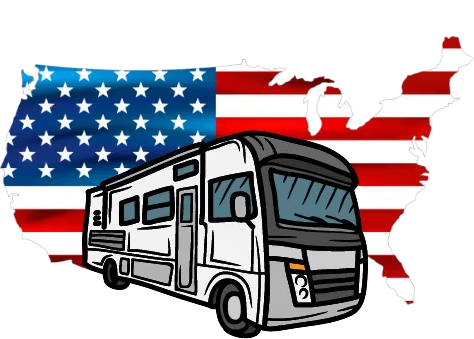Renting out your RV is a powerful way to generate passive income—but like any business relationship, it starts with a contract. A rental consignement agreement lays the legal and financial foundation between the RV owner and the management company that handles the rentals. It's the document that defines who does what, who gets paid what, and what happens if things don’t go as planned.
For RV owners entering a management program like RV Management USA, understanding this agreement is key. Not only does it protect your vehicle and earnings, but it also outlines the expectations that lead to a smoother, more profitable experience.
This guide will walk you through the key components of a rental consignment agreement, break down essential terms in plain English, and offer practical examples and insights that every RV owner should know before signing on the dotted line.
Table of Contents
- What is an RV Rental Consignment Agreement
- Why a Written Agreement is Non-Negotiable
- Key Terms Every RV Owner Should Understand
- Sample Clauses in Practice
- Common Pitfalls to Avoid
- Working with a Professional Manager
- Final Thoughts
What is an RV Rental Consignment Agreement

An RV rental consignment agreement is a formal contract between an RV owner and the individual or company managing their RV and rental activities. It outlines everything from how long the agreement lasts, to how earnings are split, to what happens if the RV is damaged or needs repairs.
If you’re entering a rental management program where a third party handles bookings, storage, guest communication, vehicle upkeep, and income collection on your behalf, this document becomes the core of your business relationship. It turns expectations into enforceable terms—protecting you, your RV, and your income.
Without it, you're left exposed to vague promises and risky assumptions. With it, you gain legal clarity, professional accountability, and peace of mind.
Why a Written Agreement is Non-Negotiable
Too many owners rely on trust and handshakes, especially when working with smaller local operators or informal arrangements. That’s a mistake. Renting an RV involves significant liability, recurring maintenance, and real cash flow—and when something goes wrong, an agreement is what protects everyone involved.
A proper agreement ensures:
- You understand what percentage of income you’ll receive, and when
- The manager is clearly responsible for renter vetting, cleaning, maintenance, and appropriate storage
- Your RV is covered by appropriate insurance and renter agreements
- Damage, late returns, claims and disputes are handled through a defined process
- You have a way out, with fair termination terms if needed
In short, it's your rulebook and your safety net.
Key Terms Every RV Owner Should Understand

The structure of a rental consignment agreement can vary by company, but most well-written contracts contain a core set of clauses. Here’s a breakdown of the most important ones—and what they really mean.
Term and Termination
This outlines how long the agreement lasts, whether it renews automatically, and how either party can exit. A common structure is a 12-month term with 60-day notice for cancellation. Watch for auto-renewal clauses and make sure you have the ability to exit if things aren’t working.
Owner Responsibilities
This section lays out your side of the deal. Typical obligations include maintaining valid registration, ensuring the RV is in safe condition, and approving major repairs over a certain dollar threshold. You may also be required to provide basic equipment like hoses, leveling blocks, or kitchenware.
Manager Responsibilities
This covers what the management company will do on your behalf. Look for items such as:
- Listing creation and pricing optimization
- Renter screening and communication
- Scheduling and managing cleanings
- Coordinating maintenance and inspections
- Handling rental agreements and insurance
- Managing deposits and resolving claims
A strong agreement will clearly outline each of these services—ideally with performance standards, not just vague promises.
Revenue Splits and Payout Schedule
This clause explains how the rental income is divided. Many managers operate on a revenue share model, where you receive roughly 50% of the net booking revenue, and the manager retains the rest. It should also specify when you’ll be paid (e.g., monthly, biweekly), and whether certain fees (like platform commissions) are deducted before or after the split.
Insurance and Liability Coverage
This is a critical clause. It should confirm that your RV will be rented under a commercial insurance policy and explain what types of incidents are covered. It may also outline how renter damages are handled, and what happens if the RV is out of service due to an accident or repair. In some cases, a separate damage policy or security deposit terms will be included here.
Exclusivity and Limitations
Some agreements are exclusive—meaning you can’t list the RV yourself or with other platforms during the contract period. Others allow limited personal use or require advance notice if you want to block dates. Make sure you know how flexible your access is once the RV is under management.
Sample Clauses in Practice
To give you a clearer picture, here are examples of how these terms often appear in real contracts:
Revenue Sharing Example
“The Owner shall receive 45 percent (45%) of net nightly rental revenue, excluding taxes, platform fees, and add-on charges. Payouts shall be issued on the 15th of each month for all completed bookings in the previous calendar month.”
Maintenance Authorization Example
“The Manager is authorized to perform routine maintenance or repairs costing up to $250 without prior Owner approval. For expenses exceeding this amount, written authorization must be obtained unless the repair is deemed urgent for safety or booking fulfillment.”
Termination Clause Example
“Either party may terminate this agreement for any reason with 60 days written notice. In the event of early termination, all scheduled rentals through the end of the notice period will be honored unless otherwise agreed.”
These kinds of clauses provide structure while also allowing enough flexibility to run the rental operation effectively.
Common Pitfalls to Avoid
Even with a well-drafted agreement, there are a few common mistakes that RV owners make:
- Failing to clarify payment terms - know when you are getting paid.
- Ignoring insurance language – Not all policies are equal. Ask where coverage comes from and what’s excluded.
- Not asking about repairs – You don’t want surprises on your monthly statement. Know your thresholds for approvals.
- No exit strategy – Life happens. Make sure you’re not locked in longer than you want to be.
- Missing add-on income details – Who keeps the money for extras like generators, mileage overages, or pet surcharges?
Don’t assume. Ask.
Working with a Professional Manager

When you partner with a trusted rental management company like RV Management USA, your agreement should feel less like red tape and more like a launchpad and partnership agreement. Our standard contracts are designed to be simple, transparent, and aligned with your best interests.
We handle:
- Full-service rental operations
- Commercial insurance coverage
- Renter vetting, contracts, and cleanings
- Transparent monthly reporting and payouts
- Maintenance and storage coordination
- Owner support when you need it
It’s our job to make your RV rental business worry-free—and it all starts with a well-crafted agreement.
Final Thoughts
An RV rental consignment agreement isn’t just a piece of paper—it’s the blueprint for how your RV generates income. A good one offers clarity, protects your investment, and keeps your manager accountable. A bad one? It can lead to confusion, lost earnings, and unnecessary risk.
If you're considering renting out your RV but don't want the headaches of managing guests, insurance, or logistics, a rental management program like RVM backed by a strong agreement could be your best move.
At RV Management USA, we believe that transparency, trust, and professionalism start with the contract. If you're curious about how our agreements work—or want help reviewing one you're already considering—we're here to help.
– RVM Team













